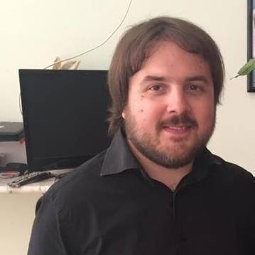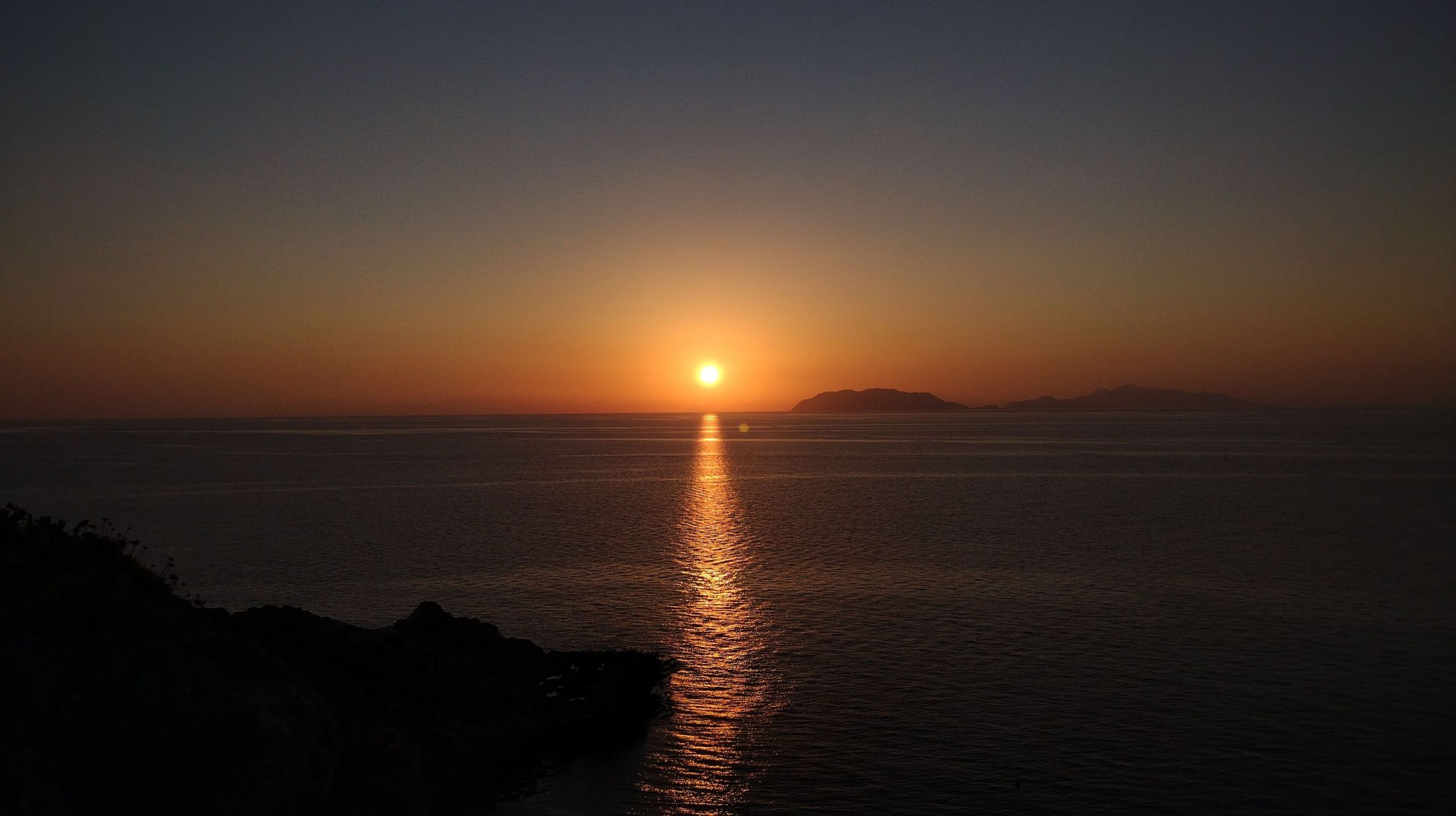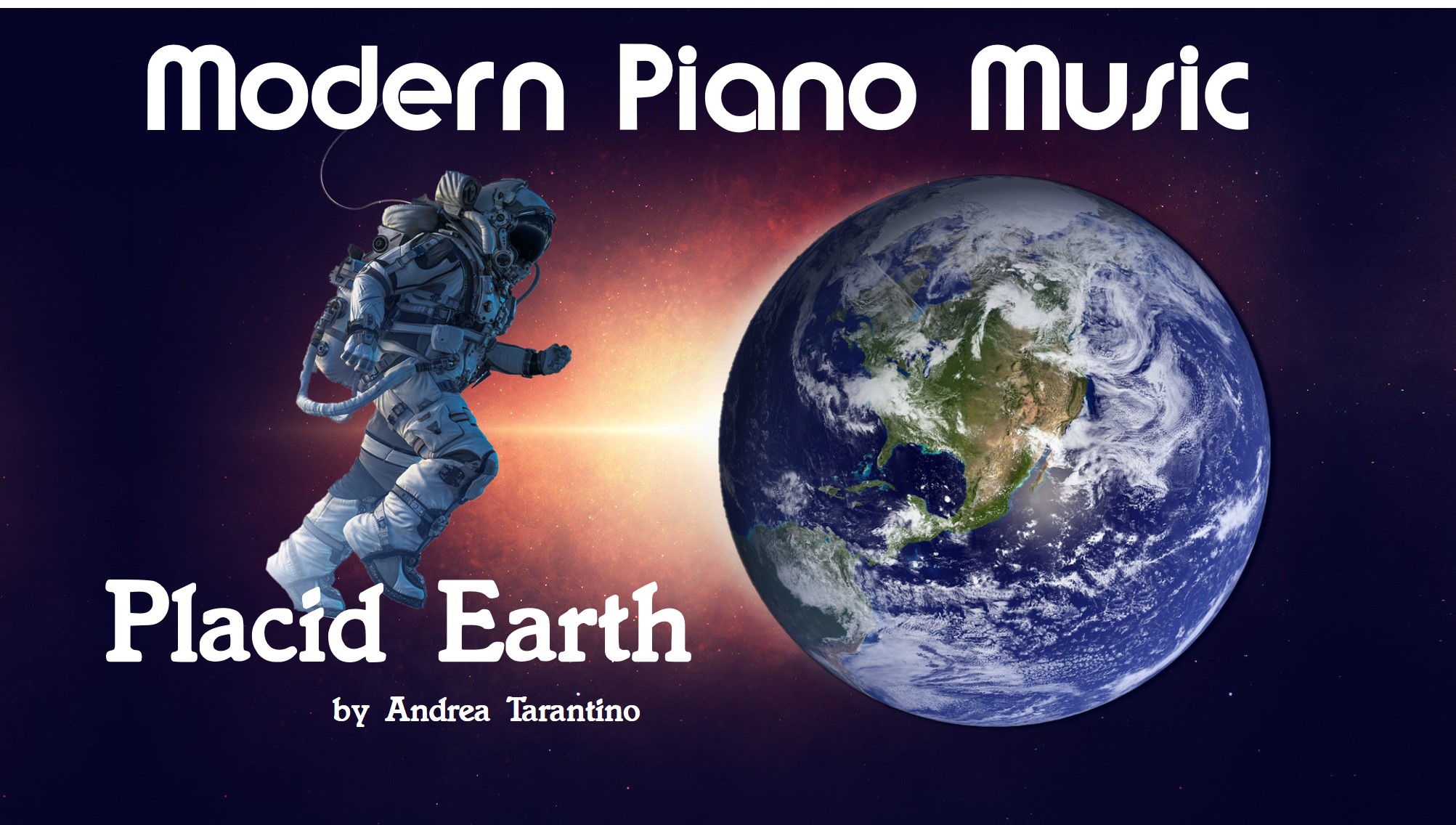About
Born in Legnago (Verona) in 1986, he graduated in piano at the age of twenty with prof. Giampaolo Stuani and Paolo Ballarin, at the Rovigo Conservatory. He then followed the two-year period in "Piano accompanist" with 110 cum laude. He collaborated for several years with the singing and instrument classes of the same Conservatory, performing numerous works in concert. In his career he plays in different chamber ensembles. For two years he worked at the Conservatory of Ferrara, accompanying the singing and instrument classes. In addition, one year he also works at the Conservatory of Darfo Boario (BS). In 2011 he obtained the qualification in Musical Didactics, for piano. From 2008 to 2014 he conducted the polyphonic choir "San Martino" of the Cathedral of Legnago (Salieri's hometown). He is the official piano accompanist from 2011 to 2013 of the international competition "G.Zinetti" in Sanguinetto (VR). Since 2014 he has been a piano teacher at middle schools with a musical orientation. In 2017 he graduated in Composition at the Verona Conservatory. As a composer he won first prize at the Favignana 2016 competition with the quartet "Un sogno di Circe", the second at the composition contest for Didactics of Montecchio Maggiore (VI) 2014, with "Il sortilegio della maga" for piano. He also won the second prize in the Barcelona Pozzo di Gotto competition (ME) 2014 with "Ombre" for four trombones and the third prize in the same competition 2015 edition, with "Serenata por un amor perdido" for soprano sax and piano. Still the second prize in the 2018 edition of the same competition, with the song "L'ira di Achille" for violin and piano. In 2016 two of his compositions, "Poseidon" and "Un sogno di Circe", recorded in two editions of the Florio Festival in Favignana, were broadcast on Vatican Radio and Radio Rai 7 Live. In 2019 he won first prize in the international composition competition "Città di Spoleto" with the score "Notturni celesti" for piano and accordion, with jury president Maestro Fabrizio De Rossi Re. In 2020 his score “Feelings of first love”, for flutes trio, is selected for execution in Call for scores/competition “Aforismi” in Novara. In 2021 is finalist in “A.Schnittke” international competition in Lviv, with “Primeval Chaos” for String Orchestra. Also is finalist in “Musicosmicamente” international competition in Perugia and “Carlo Sanvitale” competition in Ortona. In all 2021 Competitions his music was performed in concerts and recorded. In august he won 3rd prize in the “Academia Musica – 2. International Music Competition” in Vienna, with “Ave Maria” for Soprano and string quintet, with piano


